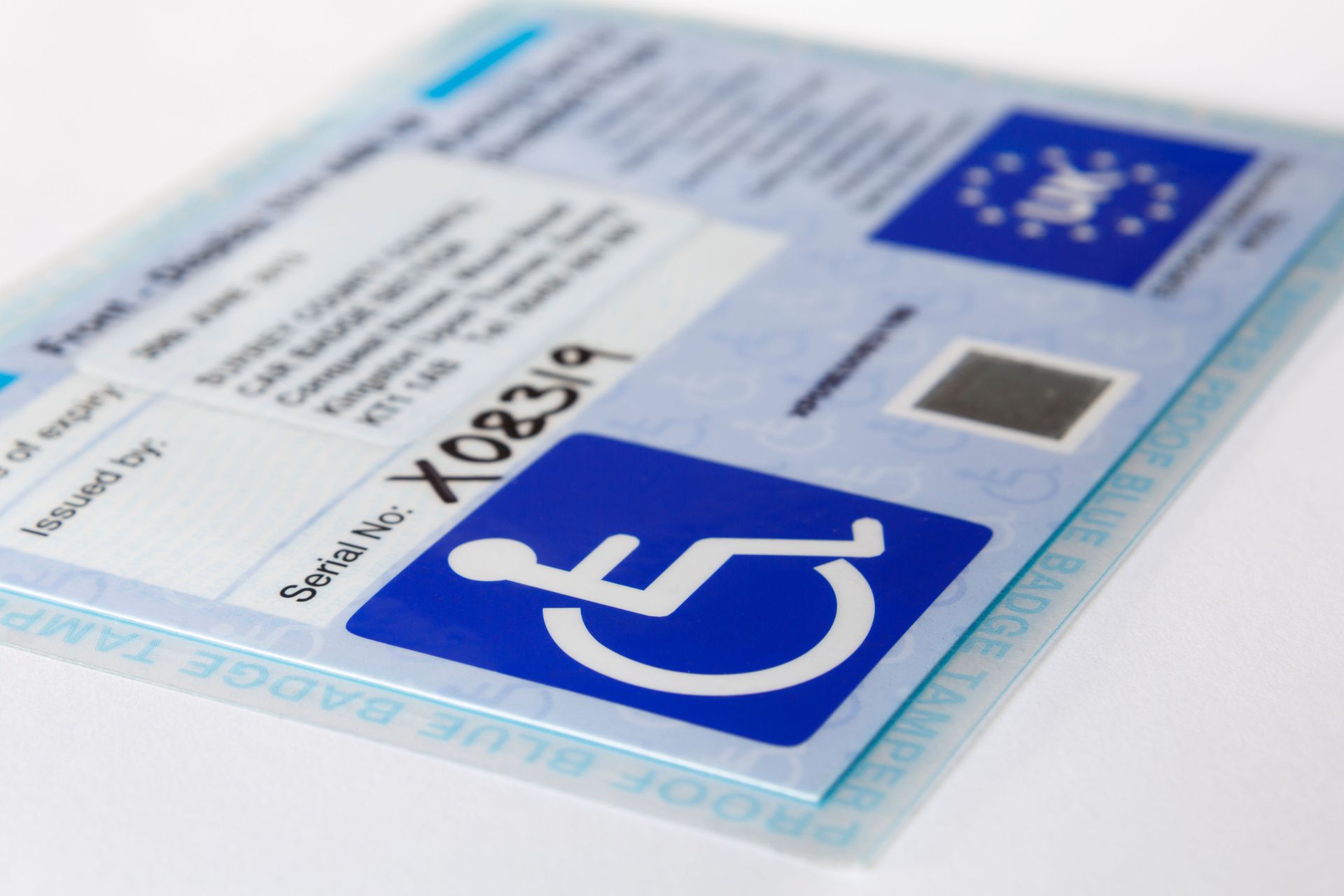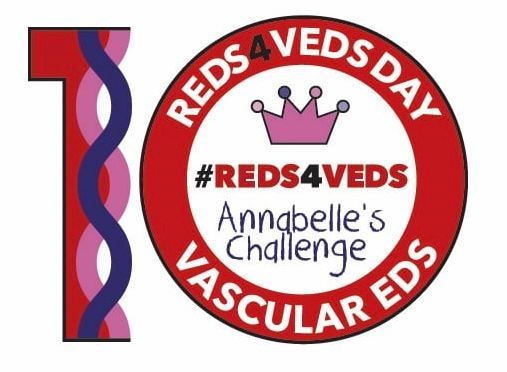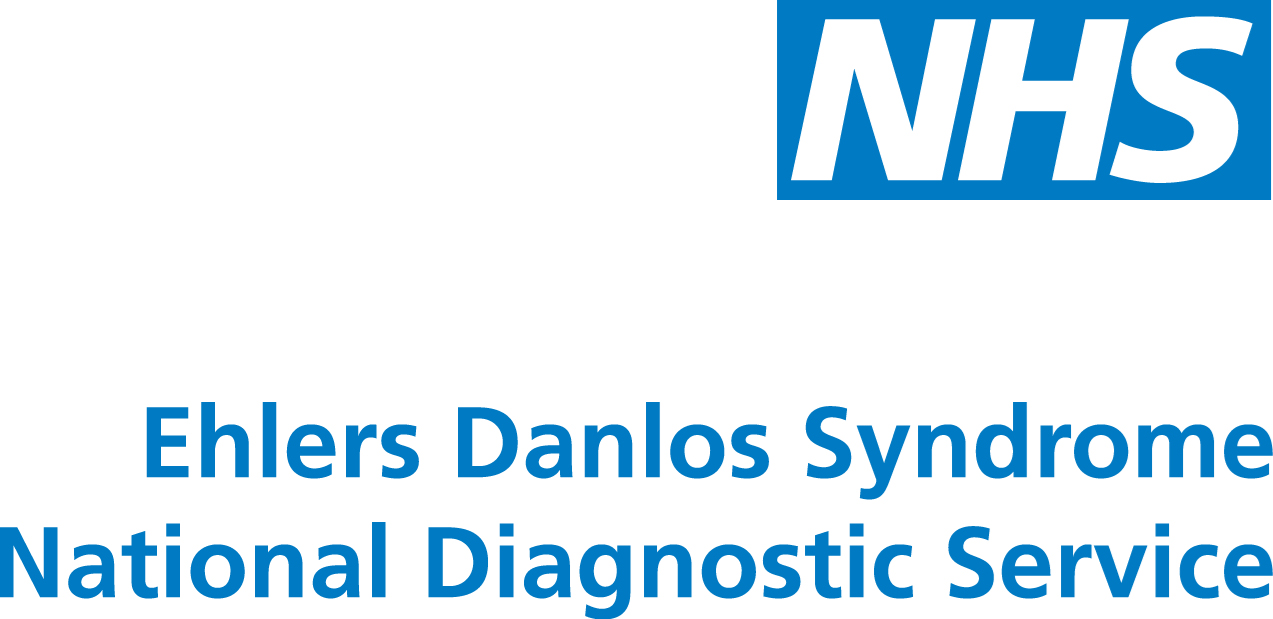0800 917 8495Need Support & Advice?
0161 797 4746Weekdays 9am - 5pm
Benefits and Work
Get the benefits you're entitled to!
Annabelle's Challenge is a professional member of the organisation Benefits and Work, which provides specialist guides to claiming Disability Living Allowance, Personal Independence Payment and Employment Support Allowance.
Benefits and Work, was launched in 2002 (and became a limited company in October 2006) by advice worker turned barrister Holiday Whitehead and benefits writer and trainer Steve Donnison, to provide just such information.
It is unique amongst benefits information providers in that it asks for no funding or support from the government, local authorities, grant making trusts or large companies. Every penny of Benefits and Work's revenue comes from its subscribing members.
This complete independence means that Benefits and Work is free to publish information that makes it deeply unpopular with the Department for Work and Pensions, multinationals with an interest in benefits - such as Atos Healthcare, Unum Provident and Capita - and even other advice providers whose dependence on state and corporate funding may have made them reluctant to tell the whole truth.
Obtaining the guides
The Benefits and Work guides are available free of charge to Annabelle's Challenge UK members and will be provided via email as downloadable files. To obtain information on the guides available please email info@annabelleschallenge.org or call us on 0800 917 8495 stating what you need assistance with.

Claim Benefits
- a long-term physical or mental health condition or disability
- difficulty doing certain everyday tasks or getting around because of your condition
- is under 16 (18 in Scotland)
- has difficulties walking or needs much more looking after than a child of the same age who does not have a disability
- money to help with living costs if you’re unable to work
- support to get back into work if you’re able to
- spend at least 35 hours a week caring for a disabled person (you don't have to live with them or be related to them)
- care for someone who receives the higher-rate or middle-rate care component of Disability Living Allowance, either rate of Personal Independence Payment daily living component, or any rate of Attendance Allowance
- do not earn more than £151 a week (after deductions)
- are not in full-time education
Blue Badge

Who can get a Blue Badge
If you're disabled or have a health condition that affects your mobility, you can apply for a Blue Badge. You can also apply for a badge if you care for a child with a health condition that affects their mobility.
A Blue Badge costs up to £10 in England and £20 in Scotland. It's free in Wales. They usually last up to 3 years.
You’re automatically eligible for a Blue Badge if you:
- are registered as blind
- get the higher rate of the mobility component of Disability Living Allowance (DLA) - check your decision letter if you're not sure
- get War Pensioners’ Mobility Supplement
- received a lump sum payment as part of the Armed Forces Compensation scheme (tariffs 1 to 8), and have been certified as having a permanent and substantial disability
If you get Personal Independence Payments (PIP)
You’re automatically eligible for a Blue Badge if you either:
- scored 8 points or more in the ‘moving around’ area of your PIP assessment
- scored 10 points in the ‘planning and following journeys’ area of your PIP assessment and were put in category ‘E’ - this means your stress, anxiety or other mental health issue stops you leaving the house
Check your PIP decision letter if you’re not sure.
If you're not automatically eligible
You can still get a badge if:
- you have long term problems walking or going to places - including problems caused by stress, anxiety or other mental health issues
- you have severe problems using both your arms
- you're applying on behalf of a child aged over 2 who has problems walking or going to places, or a child under 3 who needs to be close to a vehicle because of a health condition
Check your local council for information about the scheme:
https://www.gov.uk/blue-badge-scheme-information-council
Employment Advice
Do I have to tell my employer?
The majority of people diagnosed with vascular EDS continue with their employment.
You do not have to tell your employer you have vascular EDS. But if your employer knows about your condition, they may be able to make reasonable adjustments. For example, this could mean time off for hospital appointments or flexible working hours.
We understand this is not always possible depending on the relationship you have with your employer especially as vascular EDS is an invisible illness. We can speak to your employer on your behalf to discuss your diagnosis and how to adjust in the workplace for example:
- Giving you time off to go to medical appointments
- Risk assessment
- Changing your job description
- Depending on your job role we advise not to lift weights above 10kg
- Different working hours, such as working part-time, having a flexible start or finish time or working from home
Fatigue
Although it's important to remember that not everyone living with vascular EDS will experience fatigue, for those that do, the symptoms and severity can differ from person to person.
What is fatigue?
Fatigue is a term used to describe an overall feeling of tiredness or lack of energy. It isn’t the same as simply feeling drowsy or sleepy. When you’re fatigued, you have no motivation and no energy. Being sleepy may be a symptom of fatigue, but it’s not the same thing.
Fatigue is a common symptom of many medical conditions that range in severity from mild to serious. It’s also a natural result of some lifestyle choices, such as lack of exercise or poor diet.
Fatigue can:
- vary in intensity at different times of the day and from one day to the next
- disrupt your sleeping patterns.
Fatigue can't:
- be seen by others, making it difficult for them to understand how it's affecting you
- be relieved by resting or sleeping, meaning it can have a huge impact on your quality of life and in the workplace.
You employer should make allowances if you are suffering from fatigue. For HSE guidance visit: https://www.hse.gov.uk/humanfactors/topics/fatigue.htm
Power of Attorney
Power of Attorney
A power of attorney is a legal document that allows someone to make decisions for you, or act on your behalf, if you're no longer able to or if you no longer want to make your own decisions.
Putting in place a power of attorney can give you peace of mind that someone you trust is in charge of your affairs.
If you're aged 18 or older and have the mental ability to make financial, property and medical decisions for yourself, you can arrange for someone else to make these decisions for you in the future. This legal authority is called "lasting power of attorney".
The person who is given power of attorney is known as the "attorney" and must be over 18 years old. You are known as the "donor".
Lasting Power of Attorney (LPA)
This includes:
- health and welfare LPA
- property and financial affairs LPA
Health and welfare LPA
A health and welfare LPA gives your attorney the power to make decisions about your daily routine (washing, dressing, eating), medical care, moving into a care home and life-sustaining medical treatment. It can only be used if you're unable to make your own decisions.
Property and financial affairs LPA
A property and financial affairs LPA gives your attorney the power to make decisions about your money and property. This includes managing your bank or building society accounts, paying bills, collecting your pension or benefits and, if necessary, selling your home.
Once registered with the Office of the Public Guardian, it can be used immediately or held in readiness until required. For more information visit:
https://www.gov.uk/lasting-power-attorney-duties
Last Updated: February 2025.







